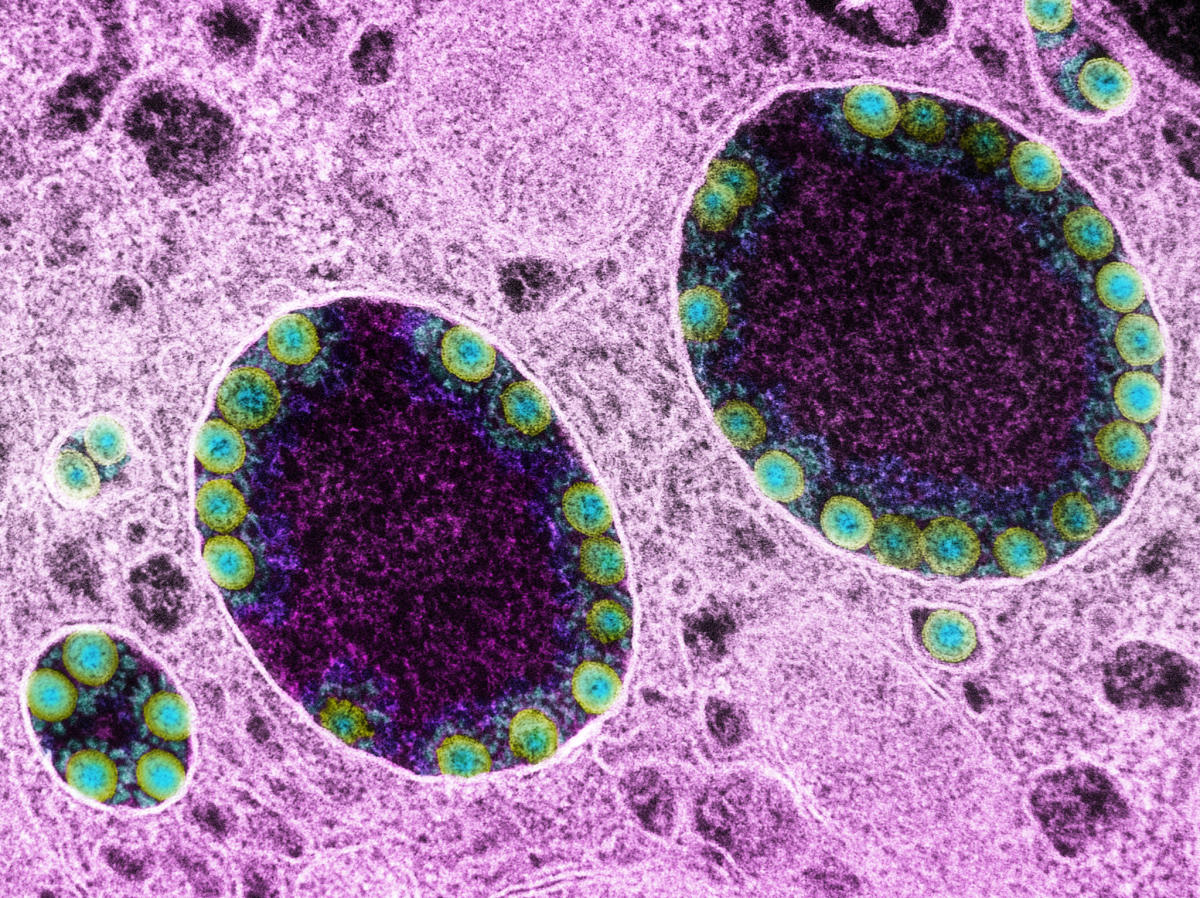EVNow
Well-Known Member
I'll take it before we travel in summer....I'm waiting for now, I'm only 4 months out from my last booster and have almost no exposure to people indoors.
You can install our site as a web app on your iOS device by utilizing the Add to Home Screen feature in Safari. Please see this thread for more details on this.
Note: This feature may not be available in some browsers.
I'll take it before we travel in summer....I'm waiting for now, I'm only 4 months out from my last booster and have almost no exposure to people indoors.
I'm waiting for now, I'm only 4 months out from my last booster and have almost no exposure to people indoors.
This is horrible advice, do NOT take it.You might want to boost with natural immunity now (while the previous booster gives you protection) just in case the next strain is tougher.
That's not what the linked article says.You might want to boost with natural immunity now (while the previous booster gives you protection) just in case the next strain is tougher.
LOL. I'm not sure "natural immunity" is better than long covid.You might want to boost with natural immunity now (while the previous booster gives you protection) just in case the next strain is tougher.
Despite the unknowns, one thing is clear to Schulze zur Wiesch: Unless you were infected by omicron in the last week or two, a vaccine or booster is your best chance at avoiding a COVID infection and giving it to others.
Half the people don't develop Covid even after being injected with virus. So, ~ 50% had natural immunity.This is a very interesting new paper about the UK volunteers who were deliberately infected with the early pre-alpha wild-type virus.
You might want to boost with natural immunity now (while the previous booster gives you protection) just in case the next strain is tougher.
It was intranasal drops. And the dose was deliberately chosen to get an endpoint of 50-70% of the population infected (dose model of infection). It was 10x the TCID50 that people were exposed to that seemed to give this result.Covid even after being injected with virus. So, ~ 50% had natural immunity.
One of the ~18 people who didn’t become infected during the trial was “naturally” infected soon after it was over.It was intranasal drops. And the dose was deliberately chosen to get an endpoint of 50-70% of the population infected (dose model of infection). It was 10x the TCID50 that people were exposed to that seemed to give this result.
This does not exactly mean “immunity,” at least not in the sense we think about after infection/vaccination. It means that the innate immunity of the human body (non-targeted responses, interferon or whatever) was able to repel this dose in 50% of individuals. It’s quite likely that these people can become infected - they have no targeted (adaptive) immunity. Obviously they checked for antibodies during this trial (two people were excluded because they seroconverted).
Titrating the dose was likely one way they improved the safety of this trial.
I'd call this "natural immunity" - just the way vaccinated people can still get the disease, these people might get the disease at higher doses, but they don't get infected with doses that are 10x what would infect 50% of people.It was 10x the TCID50 that people were exposed to that seemed to give this result.
This does not exactly mean “immunity,” at least not in the sense we think about after infection/vaccination.
That’s not what happened. As I understand it, they got 10x TCID50. This infected 50% of people., but they don't get infected with doses that are 10x what would infect 50% of people.
Like the other two new arrivals, XE is a recombinant strain, meaning it is made up of two previously-distinct variants. But it is not a Deltacron mix. XE is actually made up of the original Omicron (BA.1) and the newer Omicron (BA.2) which has taken over in the U.S.

Most importantly - why would I actively get infected, so that I won't get infected in the future ? I might as well get infected in the future, right ? Whats the difference ?
It is the stupidest thing I've ever read - get infected now so you won't get infected later. Its like committing suicide now to reduce probability of dying in a traffic accident later.
You don't know how your body will handle an infection or what the long term effects will be and suggesting otherwise is completely irresponsible.Now you have a weak (omicron) strain which your body can handle (safely) with your existing resistance from previous vaccination.
If you’re a healthy adult you have a great understanding of how your body will react. But most aren’t healthyYou don't know how your body will handle an infection or what the long term effects will be and suggesting otherwise is completely irresponsible.
Nonsense. Sure statistically you're likely to have better outcomes but healthy individuals have still had terrible experiences, long lasting effects, and even death.If you’re a healthy adult you have a great understanding of how your body will react. But most aren’t healthy


